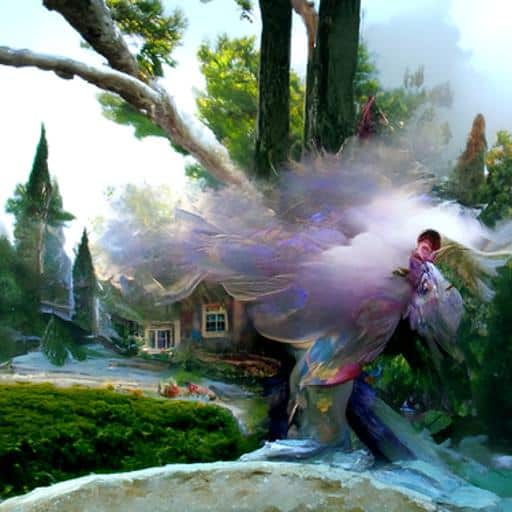
It's no secret that children and teens can be incredibly resilient. They often have to be to cope with life's challenges. But what happens when they experience trauma? How do they manage? In this blog post, we will explore one familiar coping mechanism children and teens use: acting out. We'll discuss why they use it and how parents and caregivers can help them deal with their emotions healthily.
Symptoms and Behaviors
Young children who have experienced a traumatic event may be more likely to display behavioral problems. These can include being clingy and fearful of new situations, easily frightened or aggressive when they're feeling stressed out.
Children may feel terror, helplessness, fear, and physiological reactions such as heart pounding, vomiting, or loss of bowel or bladder control.
The young one's reaction is not surprising considering how the brain processes information differently from adults- something we all need to keep in mind during our day so that it doesn't lead us astray!
How does trauma affect behavior?
The trauma of an event can leave its victims feeling stuck, with symptoms that affect their physical and mental health. These events include persistent fatigue or sleep disorders as well as nightmares about the experience (ease), fearfulness towards any reminders including sounds associated with it such s music cues during withdrawal sessions; depression which leads them not to want anything anymore because nothing makes sense anymore - this includes emotions too! In some cases, people even develop agoraphobia, where they are afraid to go out into public spaces due to attacks
Acting out is one way that children and teens may cope with trauma. They may act out to feel in control of their environment or express the pain they're feeling inside. It's important to remember that this behavior is not attention-seeking or a sign of bad parenting. It's a natural reaction to a tough situation.
If your child is acting out, there are some things you can do to help them cope healthily:
-Encourage them to express their emotions through words, artwork, or play.
-Help them understand that feeling scared or sad is okay after a traumatic event.
-Teach them healthy coping mechanisms, such as deep breathing or journaling.
-Encourage them to talk to you or another trusted adult about their feelings.
-Make sure they know that you love them and will support them through this difficult time.
Can a 5-year-old remember a traumatic event?
Traumatic events are the most immediate threat to a person's wellbeing. When children experience trauma, they may not have enough mental capacity or resources needed to cope with these intense feelings of fear and distress due in part to their young age.
A child's mind is still developing, so even if he doesn't remember what happened, it will be registered emotionally, which means those scary situations could come back again later on when you least expect them!
Childhood trauma can have a lasting impact on behavior, and it's essential to seek help if you are noticing symptoms in your child. If you think your child may be struggling with the aftermath of a traumatic event, please don't hesitate to contact us for assistance. Our team of experts has extensive experience helping children and teens work through the effects of trauma so they can live healthy, happy lives.
